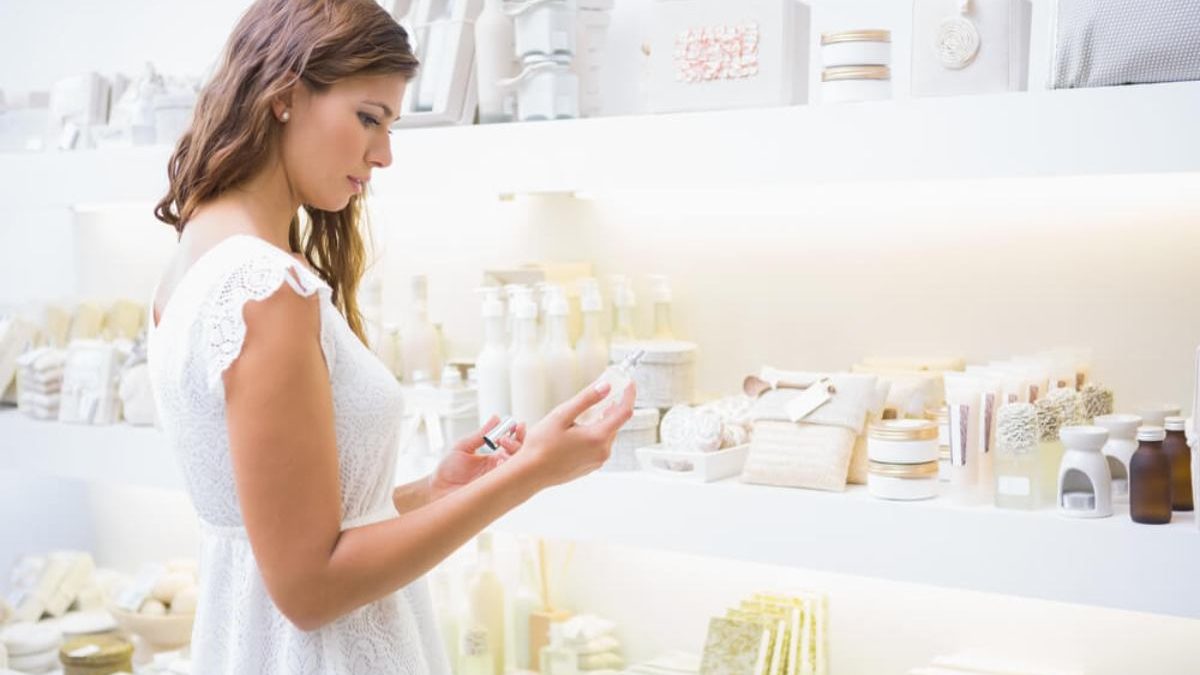The world of skincare and beauty is wide and sometimes confusing. Many products are praised by some people but questioned by others. Some items raise concerns about safety, how well they work, and their impact on the environment. In this article, we look at some of these products and explain the concerns and clarifications around them.
Table of Contents
5 Controversial Skin Care and Beauty Products
1. Hydroquinone
Hydroquinone cream has become controversial because many people use it to lighten their overall skin color. Some products advertise it as a skin-bleaching cream. This term has brought negative reactions because of past issues linked with racial discrimination and current issues related to colorism, where lighter skin is seen as more desirable. Because of this, some people misuse hydroquinone in unsafe ways.
However, it is important to understand that hydroquinone is not actually meant to bleach the skin. It is a skin-lightening treatment used for medical skin conditions. It works by slowing down the production of melanin, the pigment that gives skin its color.
Doctors prescribe hydroquinone to treat:
-
Melasma
-
Dark patches after acne
-
Sunspots and age spots
-
Other forms of hyperpigmentation
Hydroquinone is strong, so doctors recommend using it only for a short time, usually for a few months. When used under a doctor’s guidance, it can be safe and effective.
2. Parabens
If you have searched for shampoos or skincare products, you may have seen the term paraben-free. Parabens are synthetic preservatives used to stop bacteria and mold from growing in products, helping them last longer.
The controversy comes from health concerns:
-
Parabens may affect the endocrine system, meaning they could interfere with hormones.
-
Some studies found parabens in breast tissue, raising concerns about a possible link to breast cancer.
However, scientists have not confirmed this link, and research is still ongoing.
Because of these concerns, some countries have limited or banned certain parabens. Many brands now offer paraben-free products. This does not mean parabens are harmful for everyone, but people who are worried can choose alternatives and ask experts for guidance.
3. Essential Oils
Essential oils come from plants and are used for their scent and possible health benefits. However, they are very concentrated and can be strong.
Controversy arises because:
-
There is no strict regulation, so product quality can vary.
-
Using essential oils undiluted on the skin can cause irritation or allergic reactions.
-
Some oils make the skin more sensitive to sunlight, leading to burns.
-
Some companies encourage eating or drinking essential oils, which can be dangerous.
-
Many claims about essential oils lack strong scientific proof.
-
Misleading marketing sometimes causes unrealistic expectations.
Essential oils can also be toxic to children and pets, so they must be used carefully.
4. Chemical Sunscreens
Chemical sunscreens protect the skin by absorbing UV rays. They are widely used and generally considered safe. However, some people are concerned about:
-
Possible skin irritation
-
Potential hormone effects (research is still ongoing)
Another major issue is environmental harm. Ingredients such as oxybenzone and octinoxate have been linked to coral reef damage. When people swim in the ocean, these chemicals can wash off and enter marine ecosystems. Because of this, some places have banned certain sunscreen ingredients.
A safer alternative for both people and the environment is physical (mineral) sunscreen, which uses:
-
Zinc oxide
-
Titanium dioxide
The choice depends on skin type and personal preference.
5. Microbeads
Microbeads are tiny plastic beads used in face scrubs, body washes, and some toothpaste. When rinsed off, they go into sewage systems, but these systems cannot filter them, so they end up in lakes, rivers, and oceans.
Microbeads cause:
-
Pollution
-
Harm to aquatic animals, who may eat them
-
Movement of toxic chemicals into the food chain, which may reach humans
Because of these risks, many countries have banned microbeads. Companies are switching to natural exfoliants like:
-
Crushed seeds
-
Sugar
-
Ground oats
-
Other biodegradable ingredients
This change is positive for both health and the environment.
Shop Smart and Choose Responsibly
These controversial products show that the beauty world is deeply connected to health and the environment. Understanding how ingredients work can help you make better choices. When choosing skincare, always consider:
-
Safety
-
Long-term effects
-
Environmental impact
Making informed decisions helps protect your skin and the planet.

